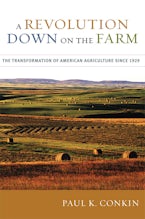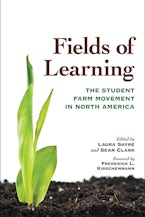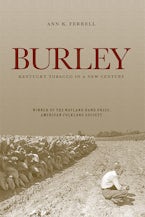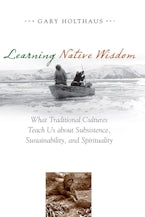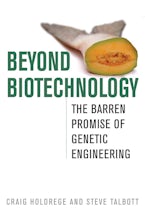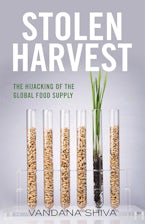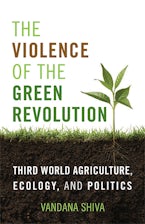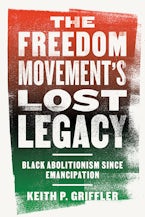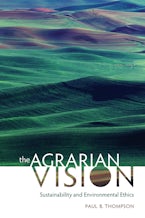"This important book explores a recent revolution in American history that substituted technology for people and animals in farming and greatly increased output. Paul Conkin tells this tale in his own way, drawing upon his personal involvement in the story as well as the relevant scholarship and the basic documents." —Richard Kirkendall
"This book is an accurate and straightfoward account of agriculture in America down through the years, spiced with the on-farm experiences of the author himself. All the important farm issues and views about them are discussed in a format that is handy and easy to read. Perfect for the new student of agriculture who needs a quick but detailed introduction to farming history in the United States"—Gene Logsdon
"Conkin's book certainly springs forward and can be read in a manner that encourages the reader to gain a comprehensive understanding of the topics addressed. What is more, his book is truly interesting to anyone interested in the history of farming or the history of rural America."—North Florida News Daily
"This book should be recommended reading for students and teachers of agriculture. Furthermore, those working in production agriculture will likely find the book very provocative."—Choice
"This cogent, thorough history should prove fascinating for anyone interested in the changing landscape of American agriculture."—Publishers Weekly
"Conkin has combined his skills as a historian with his considerable knowledge and passion for agriculture to write an in-depth account of the revolution in agricultural production that occurred after 1930. This book should be recommended reading for students and teachers of agriculture. Furthermore, those working in production agriculture will likely find the book very provocative. Highly recommended."—Choice
"As interesting as the personal tale is, however, what is even more useful is Conkin's concise, carefully written discussion of the major changes in American agriculture since 1929."—Journal of Illinois History
"Conkin provides an original twist by narrating his own experiences of farm life as a youth in eastern Tennesseehe manages to personalize his tale without letting nostalgia blind his scholarly critical eye."—Journal of American History
"Historian Paul K. Conkin provides an interesting examination of the transformation that has occurred in American agriculture over the last eighty years."—Kentucky Ancestors
"This book provokes thought, and ideally it will provoke reflection and a study that addresses the social costs as well as the industrial gains made during the greatest industrial revolution in the history of the United States, the agricultural production revolution."—Ohio Valley History
"For a generation of students who know little about the agricultural past, Conkin's book will provide an important and well-rounded overview."—Agricultural History
"An accurate and straightforward account of agriculture in America down through the years, spiced with the on-farm experiences of the author himself. Perfect for the new student of agriculture who needs a quick but detailed introduction to farming history in the United States." —Gene Logsdon, author of The Mother of all Arts: Agrarianism and the Creative Impulse
"Conkin cogently describes agricultural life with particular attention to changes wrought by the world beyond farmyard and fields... about lost American country life."—Indiana Magazine of History
"Conkin provides a masterful survey of the major agricultural legislation of the 1930s, noting that the long-term effect of these programs continues to invite curiosity.... a friendly, approachable work on agricultural history... a map to new ways of thinking about the past and planning for the future."—Arkansas Historical Quarterly
"Clearly written and organized, Conkin's book will appeal to anyone interested in farming and the agricultural economy."—Book News
"Conkin's latest book—or perhaps, as he predicts, his final book—is a thoughtful and elegantly written survey of American agriculture since the 1930s."—Business History Review
~Sarah Phillips
"Revolution clarifies an immensely complex topic, not only changes in American agricultural practices and technologies, but also the politics of definition and the long term repercussions of what many might simply ignored as banal."—Southeastern Librarian
